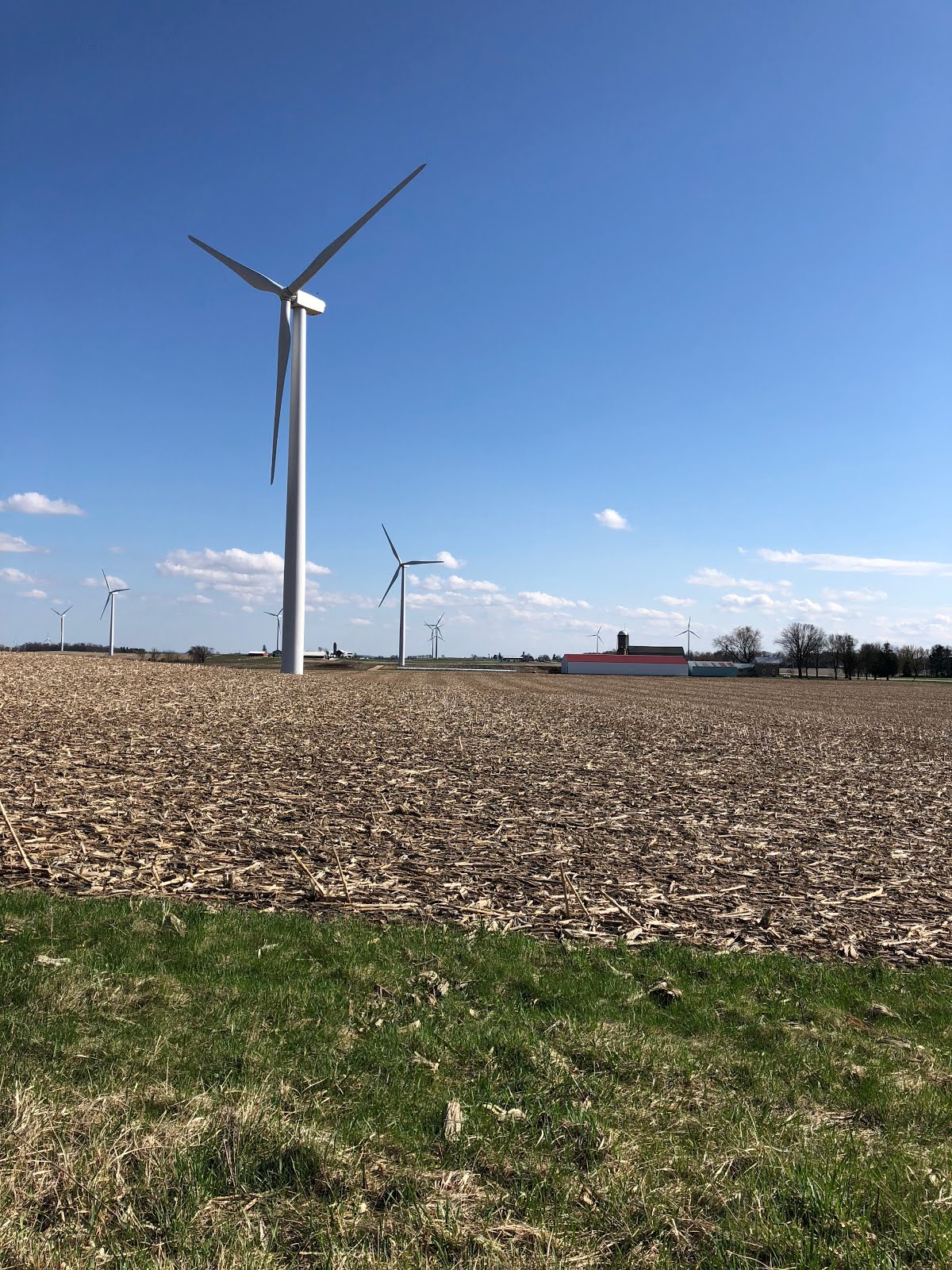Despite scrubbing, climate change remains fact on WI & linked sites
Again, we are learning that the climate change censors are scrubbing climate change materials from official State of Wisconsin websites:
And I have also been showing the sheer futility of trying to stamp out the facts and the physical evidence presented by the realities in Wisconsin of climate change impacts such as rising temperatures and increased flooding.
Here's more proof that there aren't enough censors in state service on Wisconsin GOP Gov. Scott Walker's payroll to get at every mention of climate change, or put another way, why it's just plain stupid to even try:
* Here is the official website hosted by the Wisconsin Department of Agriculture, Trade and Consumer Protection.
* In the search box, type in "climate change."
* Open the first link that comes up, which takes you to this resource:

Props to The Milwaukee Journal Sentinel for discovering and disclosing that climate change information posted on official websites and managed at taxpayer expense by the Wisconsin Public Service Commission has been scrubbed.I had been pointing out such intentional state censorship since 2012, and more recently, to such ideologically-driven behavior by the Wisconsin Department of Natural Resources.
And I have also been showing the sheer futility of trying to stamp out the facts and the physical evidence presented by the realities in Wisconsin of climate change impacts such as rising temperatures and increased flooding.
Here's more proof that there aren't enough censors in state service on Wisconsin GOP Gov. Scott Walker's payroll to get at every mention of climate change, or put another way, why it's just plain stupid to even try:
* Here is the official website hosted by the Wisconsin Department of Agriculture, Trade and Consumer Protection.
* In the search box, type in "climate change."
* Open the first link that comes up, which takes you to this resource:
Producer Led Watershed Protection Grant Program Collaborating with University of Wisconsin-Extension [UWEX]* Read the first paragraph's first two sentences: See what's there, and not as a matter of debate:
UWEX local educators and specialists bring the latest university research out to every part of Wisconsin. County agriculture agents have expertise in crop and livestock production and farm conservation. Natural resource educators and specialists bring knowledge and resources in surface and ground water management, natural resource policy, climate change, and resource conservation.* Now go back to the DATCP homepage, again enter "climate change" in the search box, and open the second link that comes up:
Crawford County Land and Water Resource Management Plan 2016-2025In the Executive Summary of this publicly-financed plan adopted by a rural county board of supervisors and written through a publicly-financed regional planning commission, you find this approved language:
Climate Change: Wisconsin is becoming generally warmer and wetter. Wisconsin climatologists say the state is likely to continue this trend toward more precipitation. The projected increase in annual rainfall and more intense rain storms heighten the potential for significant soil erosion, affecting water resources and agriculture.* Then read further into the document, to section 2.8, Climate Change, and you will see the factual acknowledgement that climate change, is happening and carries risks to the rural lifestyle that Scott Walker voters enjoy:
Climate Change
According to the Wisconsin Initiative on Climate Change Impacts Wisconsin is becoming generally warmer and wetter and the decades ahead are likely to bring changes much more profound than those seen so far, according to climate models. In Wisconsin, the average annual temperature rose about 1.1° from 1950 to 2006, according to analysis by scientists at the University of Wisconsin-Madison. The one-degree increase combined with the shorter length of time that our lakes remain frozen, the change in timing of some bird migrations, and the emergence and flowering of certain plants indicate milder winters and earlier springs.
The state’s climate scientists suggest that Wisconsin’s warming trend will not only continue, it will increase considerably by the middle of this century. Wisconsin climatologists say the state is likely to continue its trend toward more precipitation overall, with the most probable increases in winter, spring, and fall.
The projected increase in annual rainfall and more intense rain storms heighten the potential for significant soil erosion, affecting water resources and agriculture. Without appropriate adaptation measures, future soil erosion rates could double by 2050 compared to 1990 rates. Agricultural lands hold enormous capacity for climate change adaptation and mitigation, including capacity to efficiently manage flood waters, mitigate risks to public health, and prevent degradation to water quality.
Changes in temperature and precipitation could affect Wisconsin’s growing seasons, crop yields, weed and pest infestations, and animal productivity.










No comments:
Post a Comment